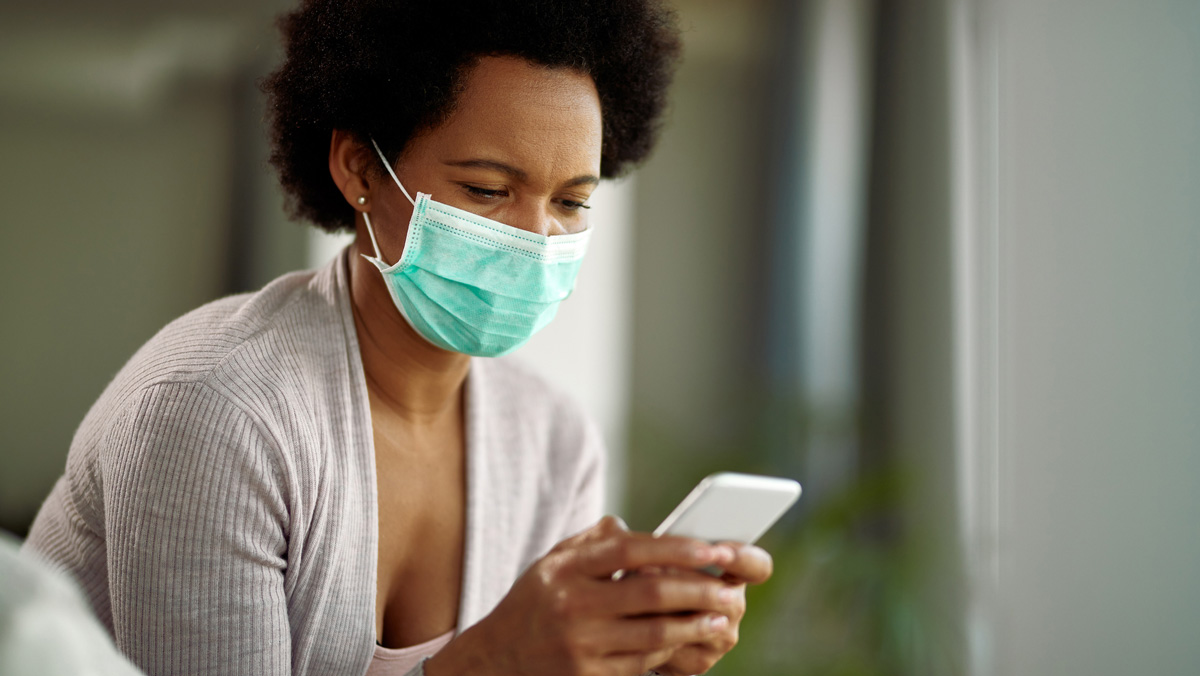UK government launches COVID-19 app as cases soar

The UK government has finally launched its COVID-19 test and trace app months behind schedule as the country faces a second wave of the potentially deadly virus.
There have already been hundreds of thousands of downloads of the app, which was seen as a key part of the government’s strategy to fight the virus when it was announced in May.
But a pilot scheme of the app in the Isle of Wight hit problems almost immediately because of the government’s decision to use a centralised database, instead of the decentralised system used elsewhere that was developed by Apple and Google.
The new app, called NHS COVID-19, also has its own issues, with The Guardian reporting that some people accidentally downloaded the broken pilot version, or got confused with similarly named apps from other countries.
There were also issues with the app failing to work on some older phones, according to the Guardian website.
The app works by alerting people via Bluetooth if they come into contact with someone who has noted on their phone that they have recently been exposed to the virus.
But as the app relies on the government’s overloaded track and trace system to work, there are concerns that it will not be as effective as originally hoped.
Users can only mark themselves as infectious if they have a positive test result, to prevent malicious attacks leading thousands to wrongly isolate.
There are also concerns that the app could wrongly tell people to isolate because they have been outside the risk zone.
But an app notification does not require someone to isolate and complying with the warning is voluntary.
Oxford University’s professor Christophe Fraser, who helped advise the government on the scheme, suggested to the Guardian that the app may help people to decide to exercise caution by alerting them if the virus is circulating in their area.
The app already lets users know whether the virus is circulating where they live, as well as allowing them to scan if they enter a hospitality venue or other public building.
There were more than 6,000 coronavirus cases reported on Wednesday alone after the government announced stricter social distancing rules this week.
Measures introduced included banning pubs from staying open past 10pm and putting on hold plans to allow fans to return to large sporting events.













